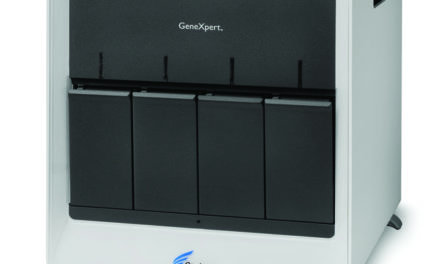Cofactor Genomics, Scottsdale, Ariz, a company bridging the precision medicine gap with predictive immune modeling, recently announced preliminary results from a collaborative study with Washington University School of Medicine, which demonstrated the superior performance of the company’s multidimensional RNA biomarker when compared to an on-label PD-L1 immunohistochemistry (IHC) assay in head and neck cancer.
The study results were presented by Washington University medical oncologist Douglas Adkins, MD, the study’s primary investigator, at the 2020 Multidisciplinary Head and Neck Cancers Symposium, organized by the American Society of Clinical Oncology (ASCO), American Society for Radiation Oncology (ASTRO), the Society for Immunotherapy of Cancer (SITC), and the American Head and Neck Society.
The retrospective study included 107 patients with recurrent or metastatic squamous cell carcinoma of the head and neck previously treated with either pembrolizumab, nivolumab, or both therapies. Patients were grouped as responders or nonresponders to therapy using response evaluation criteria in solid tumors. Pretreatment formalin-fixed, paraffin-embedded solid tumor tissues were analyzed using Cofactor’s ImmunoPrism assay versus an on-label anti-PD-L1 IHC assay, and compared at identical sensitivities.
With the current patient response rate to anti-PD-1 therapies at less than 20%, predicting which patients will respond to therapy remains a challenge for clinicians and a disappointment to patients.
For further information, visit Cofactor Genomics.




